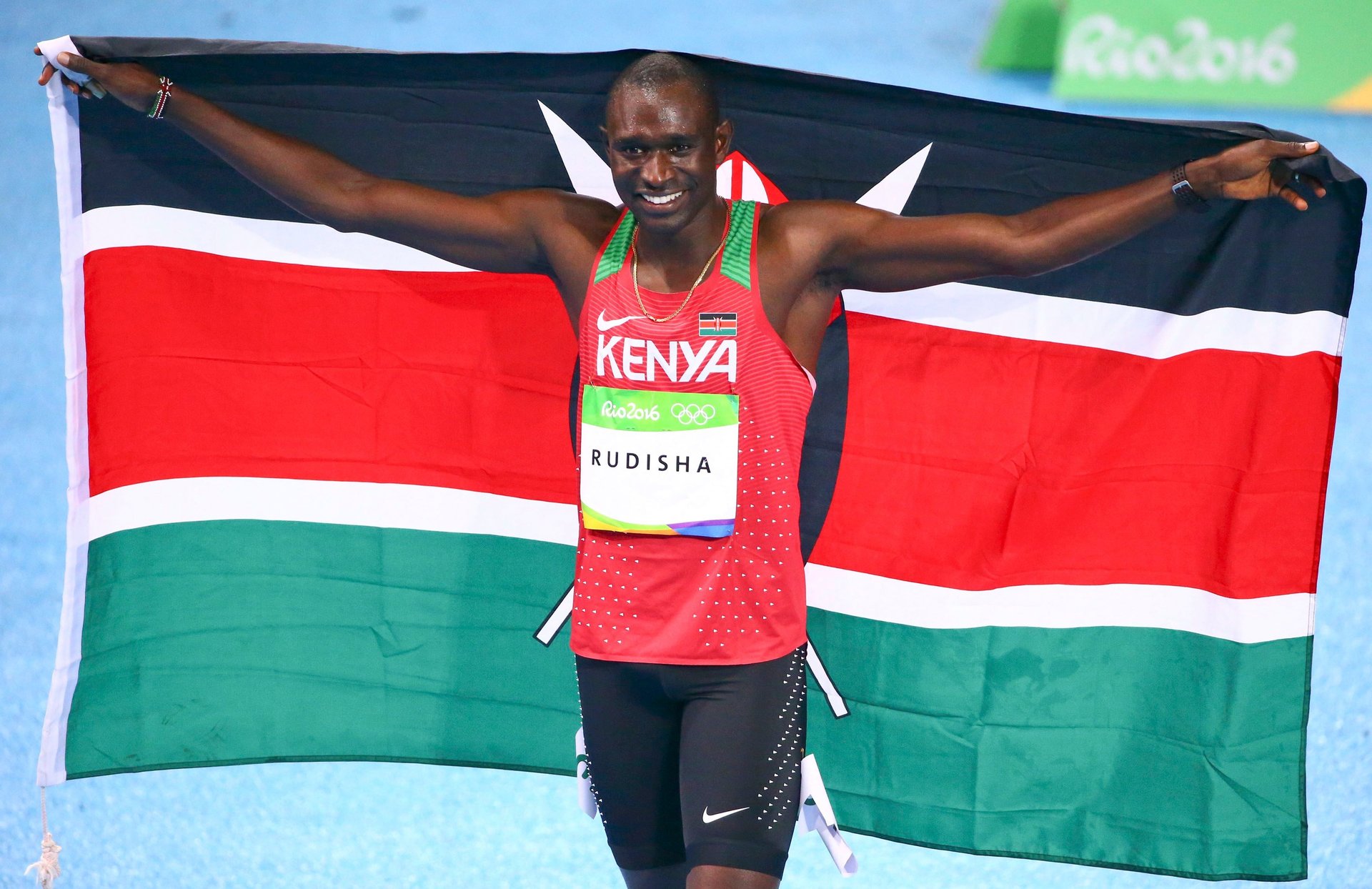Despite challenges, African teams marked a historic medal haul at the Rio Olympics
African teams defied all expectations at the 2016 Rio Olympic Games, winning a total of 45 medals, making it the continent’s most successful Olympics. The 11 winning countries overcame obstacles that hindered their progress from the beginning, which saw some countries almost getting banned from the Games altogether.


African teams defied all expectations at the 2016 Rio Olympic Games, winning a total of 45 medals, making it the continent’s most successful Olympics. The 11 winning countries overcame obstacles that hindered their progress from the beginning, which saw some countries almost getting banned from the Games altogether.
Kenya, the country with the most medals, faced anti-doping issues, with some officials detained for asking bribes of up to $13,000 dollars to warn coaches of drug tests. The country’s team also came out in mismatched outfits during the opening ceremony, and sportswear giant Nike demanded answers to explain why the kits they sent to the athletes didn’t reach them. Yet, Kenya, ranked 15th globally, went home with a total of 13 medals (six gold, six silver and 1 bronze), making it the East African nation’s best performance in history.
Nigeria, which only won one medal, was not without its problems too. The team’s official kits arrived after some had completed their events. The country’s football team also got stranded in Atlanta, and landed in Rio only seven hours before its first match against Japan. They however went on to take the bronze medal at the Games, not to mention $390,000 thanks to the generosity of a Japanese plastic surgeon.
In contrast to the 2008 Beijing Olympics and the 2012 London Olympics, South Africa this year surpassed Ethiopia in both medals and global ranking. Caster Semenya and Wayde van Niekerk’s record-breaking and historic wins pushed South Africa towards it 10 medals: two gold, six silver and two bronze.
Ethiopian swimmer Robel Habte was mocked on social media, with many calling him “Robel the Whale” for his protruding paunch. The country’s athletes didn’t disappoint though, with long-distance runner Almaz Ayana smashing the women’s 10,000-meter race, by a stunning 14 seconds.
Continentally, African countries won a total of 5% of the overall medals, with the largest share of 48% going to European teams, the Americas at 22% and Asia at 21%.